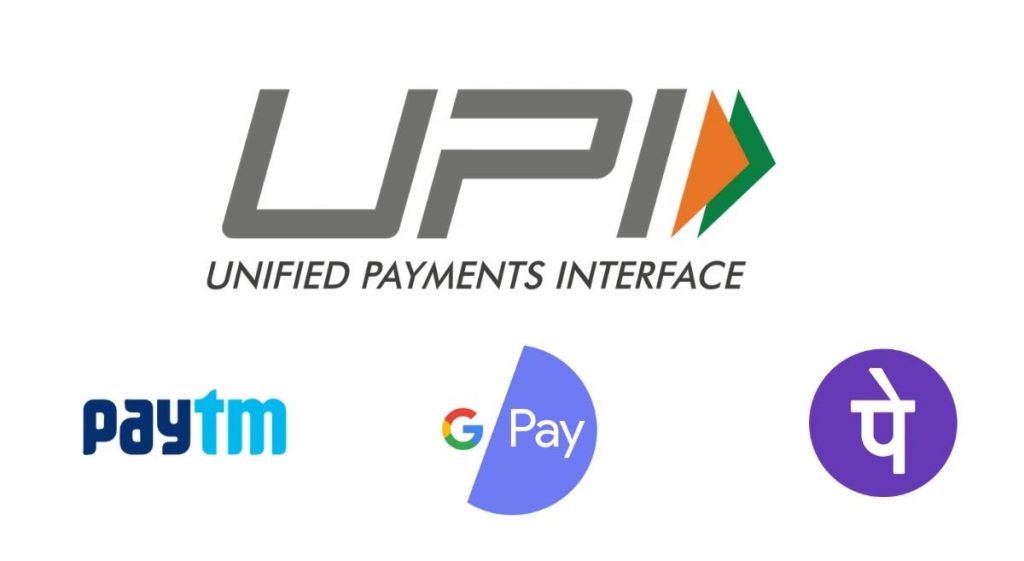India’s move to cap digital payments within the nation has drawn flak from all quarters. Global tech mogul Google on Friday expressed its discontent regarding the new rule, which will make things difficult for its payment portal- Google Pay. India recently decided to put a cap on the amount or share of financial transactions facilitated by payment platforms. Google stated that curtailing the freedom of such platforms would hinder India’s growing digital payments economy. In this article, we will take a look at the new rule brought out by India, and how it can impact digital payments.
Google Pay and PhonePe Hit by India’s New Rule
Google’s criticism came as a result of a new rule passed by the Indian government. The National Payments Corp of India released a notice on Thursday regarding how third-party payment platforms will process only 30% of all UPI transactions from January 1, 2021. The NCPI is India’s flagship UPI payment-processing platform. The UPI framework has grown in popularity in India over the last few years due to its ability to facilitate easy and seamless transactions. The new rule will prevent third-party apps from cornering the market as it puts a threshold based on the total volume of financial transactions occurring within India.
Prevents Growth of Other Apps
Such a move will restrict the growth of other payment services, such as the ones offered by Google, Walmart, and Facebook. However, it will help accelerate the development of portals hosted by Reliance Jio and SoftBank’s Paytm, both of which have bank permits. As per NPCI records, over 2.07 billion UPI transactions were made in October. Walmart-owned PhonePe processed over 40% of such transactions, whereas Google Pay came in a close second. PhonePe processed over 83.5 crore transactions in October while, Google Pay facilitated around 82 crore transactions. They were followed by a dozen other platforms splitting the rest of the market share. Both GPay and PhonePe exceed the cap set by the NPCI and will receive two years to maintain compliance with the new laws.

Reaction from the platforms
Sajith Sivanandan, who serves as the Business Head of GPay, said that such a move was very unexpected. He went on to say that it would have an impact on hundreds of millions of users, leading to a drop in the adoption of UPI payments in the country. However, the new laws will not have an impact on Jio Payments Bank and Paytm as they do not come under the category of third-party apps. Certain experts said that such a move gives stimulus to the theory that the government is pitting foreign players against Indians. They questioned the NPCI’s move to place a cap on third-party platforms and not all platforms on the whole.
However, as expected, the spokesman for Paytm said that such a move would help grow the UPI infrastructure in India. They went on to say that the new rules would help de-risk and diversify the UPI transactions market in the country. PhonePe CEO, Sameer Nigam said that the company would try its best to ensure that the new rule does not disrupt UPI services for its customers.
Facebook left behind
The new rule came out right after NPCI finally permitted Facebook-owned WhatsApp to begin a payment service in India. The authority had cleared the roll-out of such a service in a limited capacity to over 20 million users. While the long-awaited approval came as a sigh of relief for the company, the new rule will inhibit their growth prospects. While WhatsApp has a customer base of over 400 million users, this new rule will create problems for the company. However, the company welcomed the approval by stating that the combination of WhatsApp and UPI would help India’s rural population participate more freely in the digital economy.
Such a move has been in the works since 2019, wherein the cap was supposed to be at 50% in the first year, and reduced to 40% in the second year. However, the NPCI has gone ahead with a flat rate for the cap but giving companies two years to comply with the regulations. Ram Rastogi, who is a former NPCI executive, stated that the new move would help foster healthy competition. He ventured to say that since PhonePe and GPay together accounted for almost 80% of the market, bringing in such a cap would help diversify the market. Furthermore, experts believe that such a move would also help the government prevent cybersecurity threats. Also, more competition would help make the market less vulnerable, while also allowing the authorities better controls over the market.

Being a cinephile with a love for all things outdoorsy, Athulya never misses a chance to chase inspiring stories or poke fun at things, even when the subject is herself. Currently pursuing a degree in mechanical engineering, she is someone innately interested in technical and scientific research. Music reviews and op-eds define her as they allow her to explore different perspectives. Though sometimes she thinks she makes more sense playing the guitar than she does while writing.